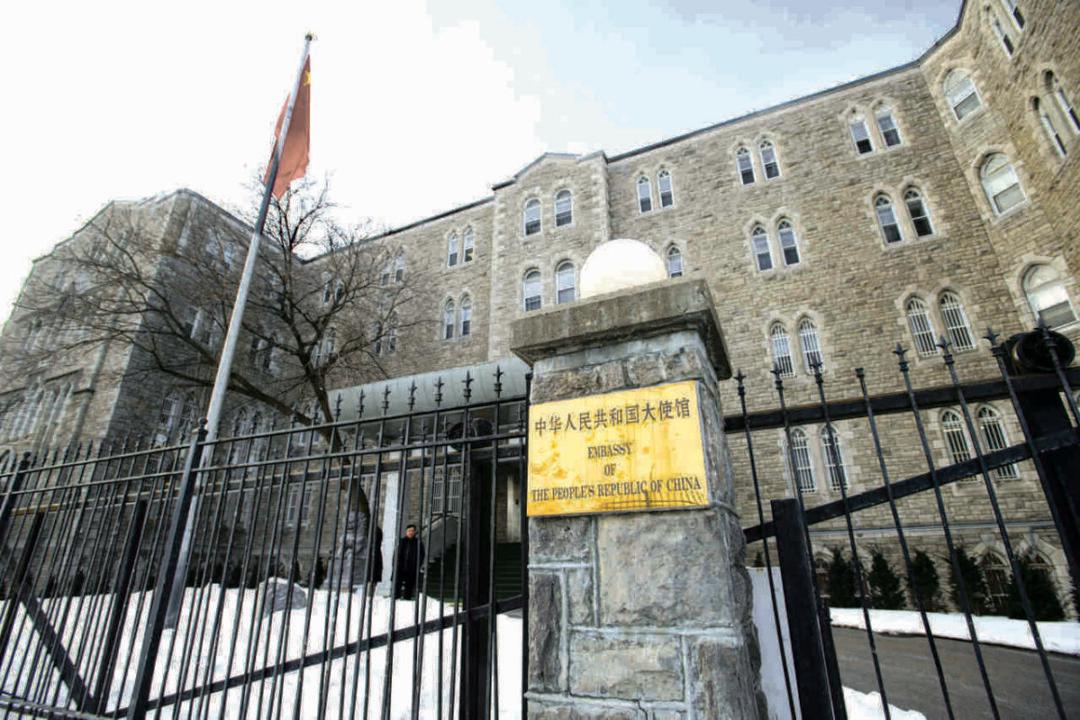News Analysis
Of all the countries where China has purportedly set up unofficial police stations, only Ireland and the Netherlands have so far ordered the stations to be closed. Authorities in other countries, including in Canada, have at most said they are “investigating” the issue.





